Biocentrism Debunked: Examining the Flaws of a Controversial Theory
Biocentrism is a logical theory that says all living things are valuable and important in and of themselves. It has gotten a lot of attention and started discussions in many academic groups. Now, we aim to critically analyze and biocentrism debunked.
While recognizing the importance of diverse perspectives, we seek to shed light on the limitations and controversies surrounding this theory.
Table of contents
- Understanding Biocentrism
- The Assumption of Inherent Value
- The Rejection of Anthropocentrism
- The Problem of Subjectivity
- The Role of Consciousness
- Biocentrism and Quantum Mechanics
- Alternative Perspectives
- Comparing Biocentrism with Alternative Perspectives
- Is Biocentrism Credible?
- Is Biocentrism Scientific?
- Who Debunked Geocentrism?
- Final Thought
- Youtube Video About Biocentrism Debunked
- You May Also Like
- FAQ
Understanding Biocentrism
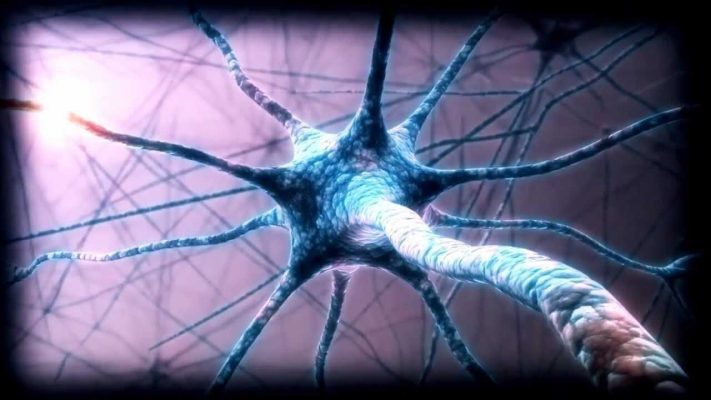
Definition and Origins of Biocentrism
Biocentrism, coined by environmental ethicist Holmes Rolston III in the 1970s, challenges the prevailing anthropocentric worldview.
It biocentrism debunked argues that all living organisms possess inherent value and deserve equal moral consideration.
Biocentrism says that humans are not necessarily better than other species and that we should respect the value of all life.
Principles and Key Ideas Behind Biocentrism
Biocentrism is based on the idea that all living things are linked together in a web of life, and that each species adds to the diversity and balance of the environment.
Biocentrists say that all animals, no matter how smart they are, have value in and of themselves and should be treated with care and ethics in mind.

Prominent Proponents of Biocentrism
Biocentrism has become well-known because of the work of important thinkers like Holmes Rolston III, Paul Taylor, and Aldo Leopold, among others.
These philosophers helped create and spread the idea of biocentric ethics, which calls for a change in how people think and act toward the natural world.
The Assumption of Inherent Value

Biocentrism says that all live things have value in and of themselves. From this point of view, each species adds to the complexity and interconnectedness of the environment and, as a result, deserves moral thought.
Examining the Inherent Value Argument
Biocentrism says that all living things have value on their own, regardless of how useful they are to people or if they can feel awareness. But the idea of “inherent value” is based on what people think, so there is no one way to explain it.
Critics say that worth is something that humans make up and that it can’t be given directly to living things without subjective opinion.

Counterarguments Against the Concept of Inherent Value
Critics of biocentrism debunked argue that value is not inherent but rather assigned based on human interests and preferences.
They say that giving all living things intrinsic value ignores the complicated and varied connections that exist in nature.
They also question whether it is realistic to treat all organisms the same morally, since that could lead to different goals and make it hard to divide up resources.
The Rejection of Anthropocentrism
Biocentrism strongly disagrees with anthropocentrism, which is the idea that people are better or more important than other things in the natural world.

Critique of Anthropocentrism
Anthropocentrism has been linked to the destruction of the environment and the use of natural resources for human gain. Biocentrism tries to fix this by calling for a more fair and open way to think about ethics.
It says that people should realize that they are related to other species and treat them with respect and moral care.

Analyzing the Limitations of Rejecting Anthropocentrism
While the rejection of anthropocentrism is a central tenet of biocentrism debunked, it fails to acknowledge the unique abilities and responsibilities of human beings.
People are smart enough to make complicated moral decisions and have the power to change the future of the world for the better.
If you completely reject anthropocentrism, you might not see how important people are when it comes to solving natural problems and making social progress.
The Problem of Subjectivity
Biocentrism debunked relies heavily on subjective experience as the foundation for understanding reality.

Subjective Experience and Reality
Biocentrism says that reality is made up of our individual experiences and thoughts. It says that the way we see the world changes it and that awareness is the key to the universe’s survival.
The Limitations of Subjective Experience
Subjective memories are important to each person, but they don’t give a full picture of how to analyze the world objectively.
On the other hand, scientific objectivity uses real-world data and strict methods to come to results that can be checked.
Because biocentrism is based on personal experience, it can’t explain things in a way that is neutral and applies to everyone.
The Role of Consciousness
Biocentrism places consciousness at the center of its philosophical framework.
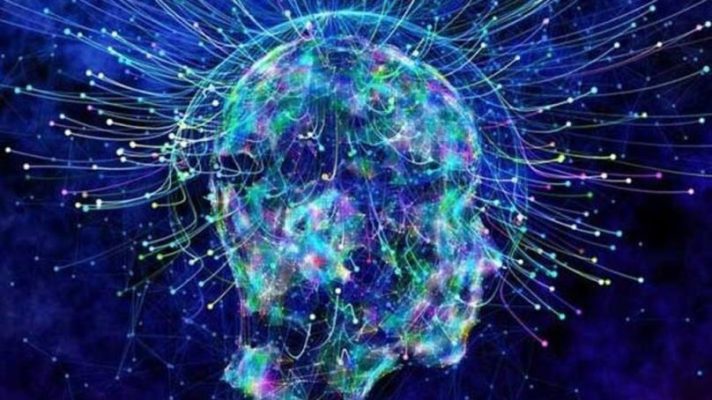
Consciousness as Fundamental
Biocentrism debunked argues that consciousness is not a product of physical matter but rather the source of all existence.
It suggests that reality is shaped by conscious observation and that all living organisms contribute to the creation of the universe through their consciousness.
Critiques of Biocentrism’s Interpretation of Consciousness
Critics of biocentrism question whether what it says about awareness is true. Even though studying consciousness is interesting, biocentrism’s view of consciousness as the most important part of reality is not supported by enough data and doesn’t account for non-conscious beings and events.
Scientists are still trying to figure out what awareness is, so giving it such a big role needs more research and proof.
Biocentrism and Quantum Mechanics
Biocentrism integrates quantum mechanics into its framework to support its claims.
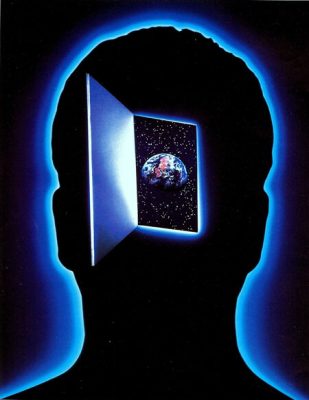
Quantum Mechanics and Biocentrism
Biocentrism debunked draws on the mysterious and often misunderstood principles of quantum mechanics, such as wave-particle duality and the observer effect, to argue for the centrality of consciousness in shaping reality.
It seems to show that the act of observing by aware beings is a key part of how quantum options get collapsed into a single reality.
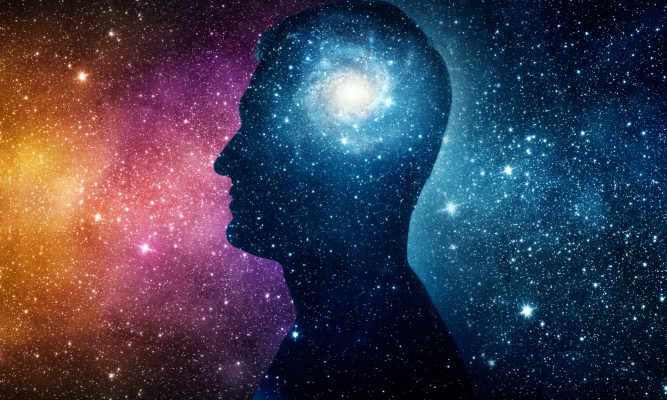
Debunking Biocentrism’s Use of Quantum Mechanics
Quantum physics is very hard to understand, and scientists are still trying to figure it out. Quantum events are interesting, but to use them to back up philosophy claims, you need to be careful and know a lot about the science behind them.
Many physicists and scholars biocentrism debunked misrepresents or misinterprets the findings of quantum mechanics, and its reliance on these principles to validate its arguments is questionable.
Alternative Perspectives
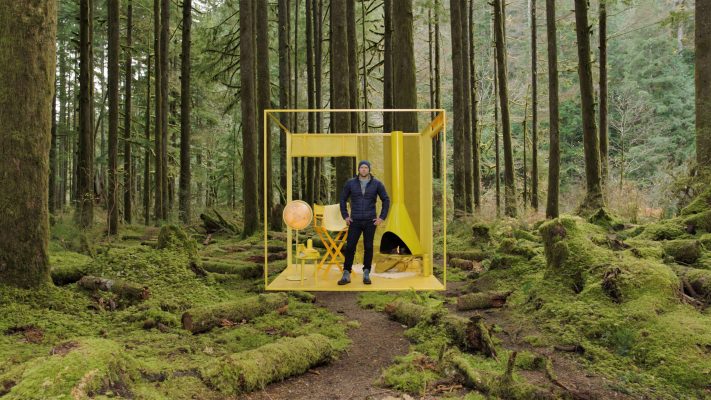
In examining biocentrism, it is essential to consider alternative philosophical and scientific frameworks.
Environmental Ethics and Deep Ecology
Environmental ethics looks at the link between people and nature without giving up on anthropocentrism totally. It talks about how important sustainable practices, protection, and taking care of the earth in a responsible way are.
Deep ecology, on the other hand, is based on the idea that all living and nonliving things are connected and depend on each other.
It encourages a change in awareness and a reevaluation of human values so that people can live in better harmony with nature.

Strengths and Weaknesses of Alternative Viewpoints
These alternative perspectives offer different approaches to understanding and addressing environmental and ethical concerns. While they may share certain similarities with biocentrism debunked, they also possess unique strengths and weaknesses.
Environmental ethics is a more balanced way to look at things because it takes both human and non-human values into account.
Deep ecology, on the other hand, urges a deep reevaluation of how people relate to nature. Exploring these options lets us look at social and environmental issues in a more complete way.
Comparing Biocentrism with Alternative Perspectives
| Aspect | Biocentrism | Environmental Ethics | Deep Ecology |
| Definition | Values all life forms | Considers human and non-human interests | Emphasizes interdependence |
| Attitude towards Anthropocentrism | Rejects human superiority | Challenges human-centeredness | Calls for a shift in values |
| Basis for Ethics | Inherent value in all organisms | Balancing human and environmental needs | Holistic understanding |
| Approach to Reality | Subjective experience shapes reality | Objective consideration of evidence | Recognizes interconnectedness |
| Use of Quantum Mechanics | Relates consciousness to quantum principles | Not reliant on quantum mechanics | Not directly linked to quantum mechanics |
| Strengths | Raises ethical awareness | Promotes sustainable practices | Emphasizes holistic relationships |
| Weaknesses | Subjective understanding of reality | Balancing conflicting interests | Requires significant value shift |
Is Biocentrism Credible?

The concept of biocentrism which suggests that life and consciousness play a role in our understanding of the universe has sparked discussions. While some individuals find its ideas fascinating there are those who raise doubts, about its credibility.
The term “biocentrism debunked” has been used by critics who challenge its foundational principles, arguing that it lacks empirical evidence and is more philosophical than factual.
Is Biocentrism Scientific?

The way Biocentrism approaches comprehending the universe is quite extraordinary as it combines principles with perspectives. However, the question arises: is it truly scientific?
Critics using the phrase “biocentrism debunked” argue that while it presents intriguing ideas, it may not adhere strictly to the scientific method. According to their statements they believe that the claims require testing and validation of a rigorous nature.
Who Debunked Geocentrism?

The concept of geocentrism which held that the Earth was, at the center of the universe enjoyed acceptance during times. However it was discredited by astronomers such, as Copernicus, Galileo and Kepler through their observations and models.
Their findings conclusively showed that the Earth revolves around the Sun leading to the adoption of the heliocentric model. This change represented a moment in the development of astronomy.
Final Thought
We have critically examined the arguments and assumptions of biocentrism debunked. While biocentrism highlights important ethical considerations and challenges anthropocentrism, it also possesses several flaws and limitations.
The assumption of intrinsic worth is subjective and lacks a uniform definition, making it difficult to explain objectively. Biocentrism’s quantum mechanics and consciousness interpretations are also debated in science.
Exploring environmental ethics and deep ecology helps clarify ethical and environmental issues. To improve our understanding of nature, open and courteous communication is needed.
Youtube Video About Biocentrism Debunked
You May Also Like
The Top 5 Emerging Technologies to Watch in 2023
ChatGPT – What is it and How Does it Work?
10 Technological Trends of the Future
FAQ
Biocentrism debunked requires critical analysis rather than concrete evidence. It involves examining the philosophical assumptions, inconsistencies, and limitations within the theory. Debunking statements requires logic and opposing viewpoints.
Scientists have criticized biocentrism. Critics say biocentrism’s use of subjective experience, interpretation of quantum physics, and assumption of intrinsic worth lack empirical proof and scientific agreement.
Biocentrism debunked does not dismiss ethical considerations for the environment. Instead, it encourages a thorough analysis of various viewpoints like environmental ethics and deep ecology, which offer diverse frameworks for understanding and addressing environmental and ethical issues. Biocentrism debunks ethical concerns and promotes critical thinking and open discourse.
Ethical frameworks are diverse and frequently complimentary, therefore biocentrism may live with others. Biocentrism values all living things, but it may be integrated within a larger ethical framework that incorporates human interests, social fairness, and ecological behaviors. Ethical pluralism permits several views to handle complicated environmental and ethical issues.
Debunking biocentrism does not mean rejecting its contributions. To comprehend biocentrism’s strengths, limitations, and consequences, critically study any philosophical system. Biocentrism has promoted ethics and challenged anthropocentrism. Debunking limits but enriches moral and environmental dialogue.





